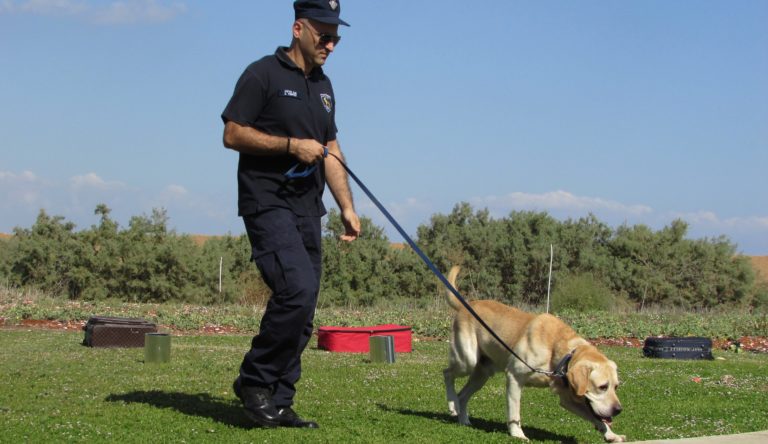What jobs can a Behaviour Analyst do?
Behaviour Analysis is the natural scientific study of behaviour. Its origins date back to the early 20th century and was founded by B.F. Skinner. Behaviourism, the foundational philosophy, is the idea that humans improve their condition through behaviour change. Since the start, there have been countless research studies conducted to identify laws of behaviour. The results of these studies have influenced the fundamental principles, approaches and laws on which Applied Behaviour Analysis is based. Behaviour Analysts seek to understand the behaviour of individuals by studying environmental factors that consistently influence an individual’s behaviour.


Like schools, other settings might require group management strategies. These include group homes, prisons or large factories and are also potential workplaces for behaviour analysts. OBM (organisational behaviour management) is a major subbranch of ABA and here behaviour analysts employ their skills in the workplace. They can assist in assessment and selection of candidates for a job position or they can be in charge of increasing productivity through changes in employees behaviour. An important area often linked to OBM is behaviour safety. Behaviour analysts can work in large companies or for a governmental organisation in order to increase safety behaviours (e.g., wearing helmets, taking breaks from desk work or filtering water before consumption).
BCBAs can also be job coaches and help others to find a job, to send an application, to prepare for an interview and to show adequate performance at work. BCBAs often assist people with learning difficulties or special needs to integrate into the labour market. There are behaviour analysts who work as general life coaches. They assist their clients in achieving behaviour change goals such as increasing exercise, reducing procrastination less or adopting a healthier diet. Behaviour analysts sometimes work as coaches or trainers and sometimes assist coaches and trainers of athletes or highly specialised personnel. An athlete, a surgeon or a professional pianist might need to make very fine behaviour changes in order to improve their performance. A specialist for behaviour change can be of great importance here.
Another potential career for behaviour analysts lies in animal training. As with any area, it is important that they also bring specialised knowledge and skills about animal care and training to the table when pursuing a career in this area.
As in all sciences, ABA has a research community and university ties. BCBAs can go into research and gain a doctoral degree in Behaviour Analysis. They can also follow a university path and become a researcher, lecturer, or professor in Applied Behaviour Analysis. The supervision of aspiring BCBAs and BCaBAs has become of great importance as the field is growing, and there are now BCBAs who specialise in supervising future behaviour analysts.
Of course, there are many independent careers in ABA targeting spreading knowledge and skills about ABA (e.g., professionals running regular podcasts, providing seminars or workshops and writing books and materials about ABA-related subjects).
This list is in no way complete and is solely intended to provide an overview of some popular careers in ABA. Many other positions can be held by BCBAs. Further, behaviour analysts often make their own career by combining their knowledge on behaviour change techniques and another area of expertise.


